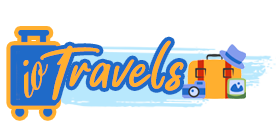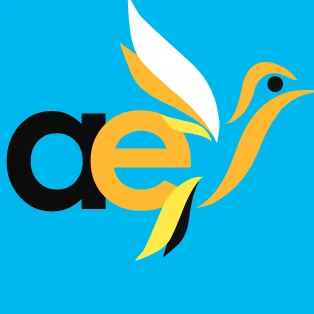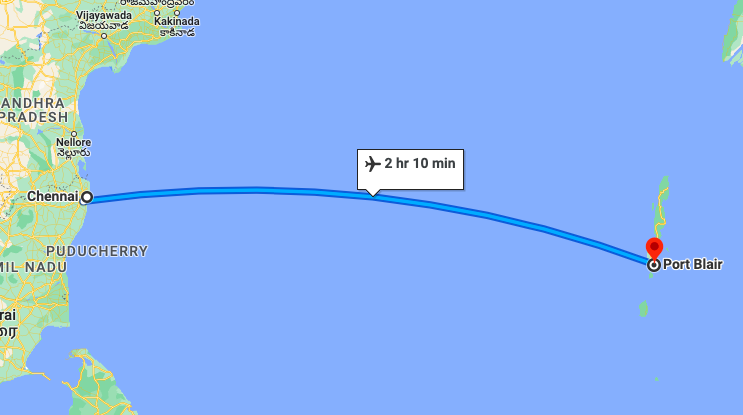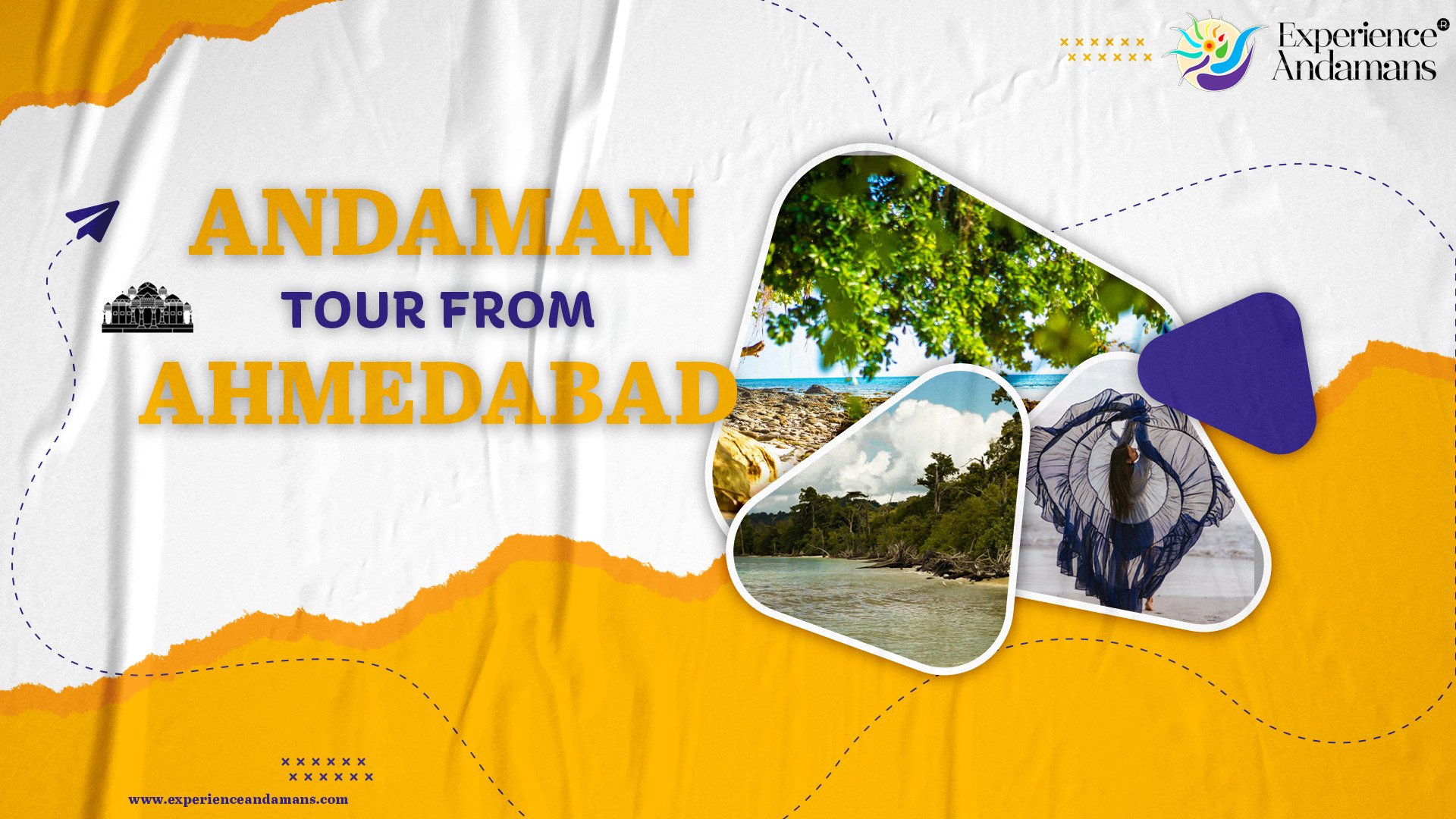One of the first things you can do to navigate language barriers is to learn some basic phrases in the local language. Even if you are not fluent, knowing how to say simple greetings like “hello” and “thank you” can go a long way in establishing rapport with locals. You can also learn phrases specific to certain situations, such as asking for directions or ordering food. There are plenty of resources available online that offer language guides for travelers, so take advantage of them before your trip.
If you find yourself in a situation where you cannot communicate in the local language, don’t be afraid to use non-verbal communication. This can include gestures, facial expressions, and even drawing pictures or using a translation app on your phone. While it may feel awkward at first, most people will appreciate your effort to communicate and will be willing to help you out.
Another tip for navigating language barriers is to be patient and understanding. Remember that language barriers are a two-way street, and locals may also struggle to understand you if you are speaking a language that is not their native tongue. Be patient and speak slowly, using simple language when necessary. If you encounter someone who speaks a little bit of your language, try to work together to bridge the communication gap.
In some cases, it may be helpful to have a local guide or interpreter with you. This can be particularly useful if you are navigating a more complex situation, such as negotiating prices at a market or dealing with government officials. Local guides are often well-versed in the local language and customs and can help you navigate tricky situations with ease.
Lastly, don’t be afraid to embrace the language barrier as a learning opportunity. Traveling is all about expanding your horizons and stepping out of your comfort zone, and navigating language barriers is just one of the many challenges you may face. Keep an open mind, be willing to make mistakes, and most importantly, have fun with it. You may be surprised at how much you can learn and grow from the experience.
Overall, communicating in foreign countries can be a challenging but rewarding experience. By learning some basic phrases, using non-verbal communication, being patient and understanding, and seeking help when needed, you can navigate language barriers with confidence and make the most of your travel adventures. So pack your bags, brush up on your language skills, and get ready to explore the world!



![Experience the Rich History and Heritage of [Destination] – A Traveler’s Journey Through Time Experience the Rich History and Heritage of [Destination] – A Traveler’s Journey Through Time](https://iotravels.com/wp-content/uploads/2024/10/Experience-the-Rich-History-and-Heritage-of-Destination-A-560x420.jpg)





